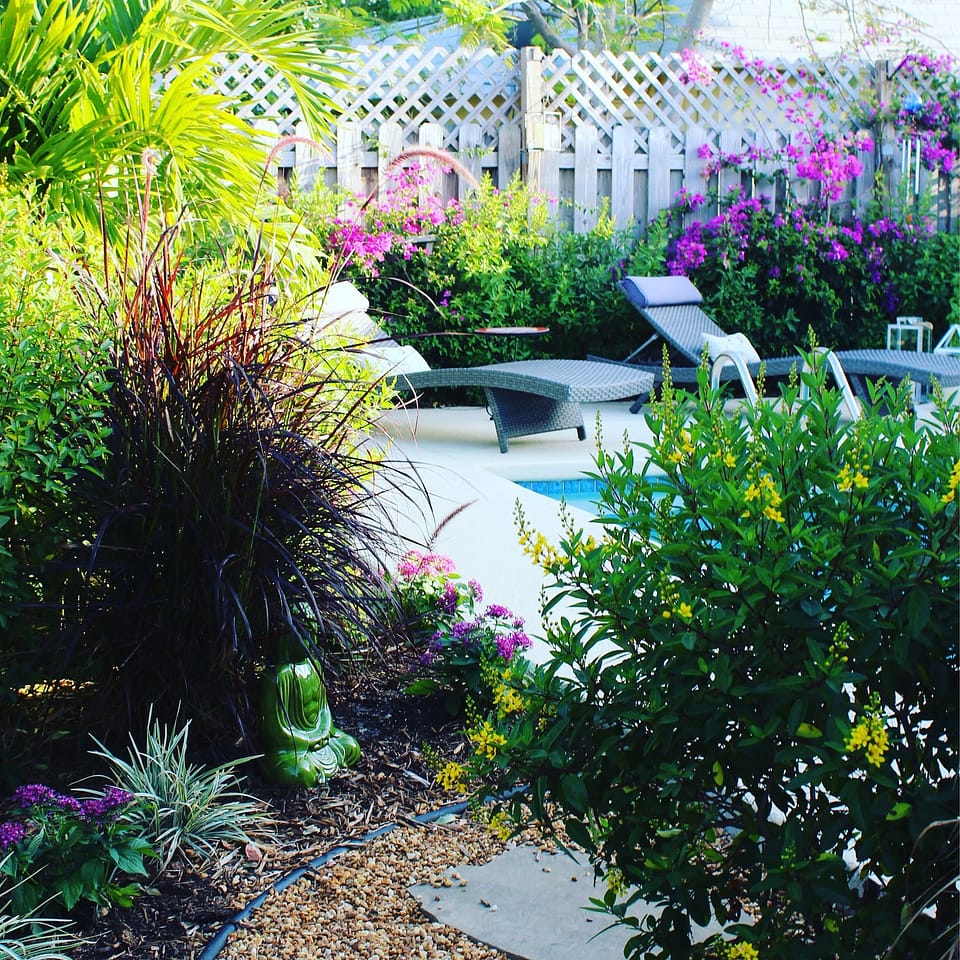Does an Inground Pool Add Value to a Home?

What do you do when you can’t travel to your favorite vacation destination and sip a drink poolside? You bring the vacation to your house! During the COVID-19 pandemic, when leisurely travel all but halted, homeowners across the nation turned to installing inground pools in their backyards.
One of these homeowners was my brother. He realized the time he had at hand was not going anywhere. He asked me for advice, and my response was pretty simple. “These are strange and dangerous times, but they won’t last. When this has passed, cash home buyers will return to the markets, and an in-ground pool has a lasting appeal”.
In Florida, more than 100,000 swimming pools were constructed in 2020, representing a 7.5% increase from the previous year. Other states, including California, New York, and Texas, saw similarly high increases in the number of inground pools built (according to CAPE data).
With the increasing number of new pools being built in homes in recent years, the question arises: Does an inground pool add value to a home? There are several benefits to installing a swimming pool on a property, and, depending on other factors, a pool can add value.
Does an In-Ground Pool Add Value to a Home?

In short, adding an inground pool to a property can add value. The value a pool adds varies depending on the location, pool size, the number of bedrooms in the home, the overall state of the property, and any additional amenities. It can also depend on pool maintenance. For example, if the pool needs special treatments or the hiring of specialist services for cleaning and general maintenance.
Before the 2020 COVID-19 pandemic, a house with a pool cost around $16,000 more than a house without a pool.
In my experience, “Most homeowners can expect a return of around 7% in increased resale value from installing an inground pool.”
But there’s a catch. “Although an in-ground pool could add value, the ROI may not be as efficient as you thought”.
RealSimple suggests that inground pools cost between $30,000 – $50,000.
Before installing a swimming pool, it’s essential to assess the costs. The best strategy is to consult with a real estate agent about your neighborhood’s market before taking the plunge (pun intended!).
Does a Home With an In-Ground Pool Sell Faster?

Pools have not always been selling features for homes. In fact, data from 2018 suggests that having a pool can make it harder to sell a house quickly. This is because some buyers view a pool as a liability and a maintenance nightmare.
Pool upkeep and maintenance costs $5000 or more annually. This can be significantly more expensive than a gym membership or a local public outdoor pool facility.
While some homebuyers, particularly family buyers, prefer a pool to make a backyard more kid-friendly, it depends on the property. A larger home with more bedrooms and good access to amenities is better served with a pool than many others.
Conclusion: Should You Buy a House With a Pool?
If you’re considering upgrading your next home, buying a property with an inground swimming pool may be on your mind. If so, you’re not alone. The increased demand for homes with pools in the face of COVID-19 has led to a seller’s market across the country.
For sellers, this is good news. Homes have been getting appraised for more than the asking price, especially those with in-ground swimming pools in the right area. For buyers, the increased demand can make owning a home more complicated.
But here’s my logic-based input. “A pool will make your home more valuable, increase the appeal to potential buyers, but most of all, it will offer entertainment and fun times for your family.”
If you’re interested in knowing more about in-ground pools or anything about selling your home for cash, you know where to find me. I’ll probably be looking at quotes for an in-ground pool for my place!
